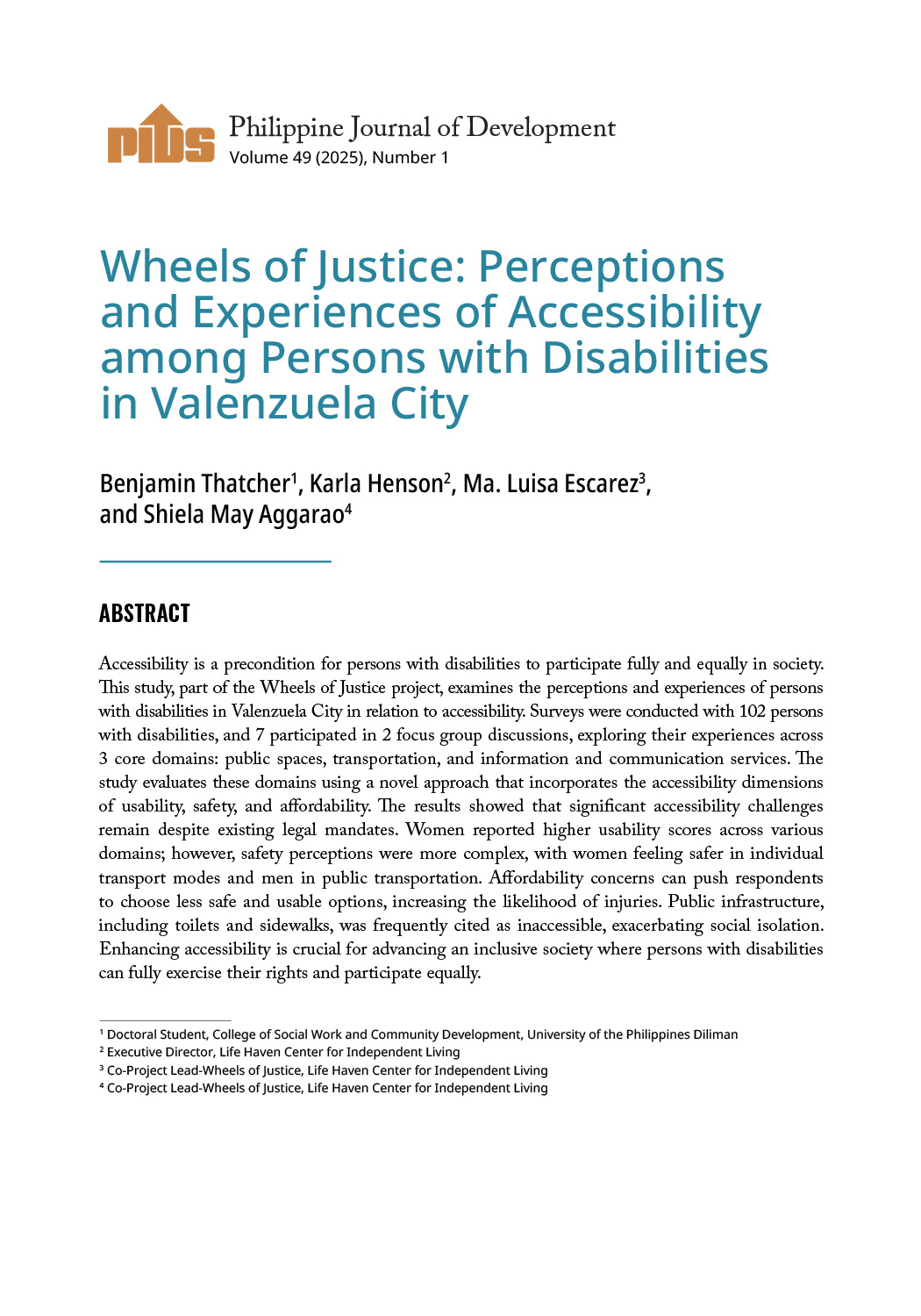THE LACK of accurate information on beneficiaries and poor coordination across different levels of government are among the major issues that surfaced during the pandemic.
It was one of the major challenges in the implementation of the Emergency Subsidy Program or the Social Amelioration Program (SAP) provided under the government’s Bayanihan to Heal as One Act of 2020. Unavailable, unvalidated, or poor-quality data on citizens delayed the timely distribution of government assistance to target beneficiaries.
This was compounded by the varying processes of local government units in identifying target recipients and the lack of reliable lists and databases for SAP validation and accountability in communities.
Another issue is the lack of coordination and misalignment of plans and actions between the different levels of government. The weak coordination between the national and local governments led to the violation of the enhanced community quarantine guidelines on social distancing and mass gathering. Remember last month’s horrible distribution by the Iloilo City government of the financial assistance from the Department of Social Welfare and Development to senior citizens at the Iloilo City Freedom Grandstand where there practically no physical distancing? The city government got all the flak while DSWD was so silent on the matter like it had nothing to do with it.
To address these gaps, state think tank Philippine Institute for Development Studies urged the government to examine and learn from the best practices of its Southeast Asian peers. For instance, South Korea has a policy on complete openness and transparency in data sharing to identify affected individuals. Singapore has a package of restrictions and new rules combined with harsh sanctions to control the new wave of cases called “circuit breaker”.
Meanwhile, Taiwan has integrated the travel records of its citizens into its national health insurance database to monitor patients’ travel history. Vietnam has imposed strict entry and work permit bans on both local and foreign nationals.
Also, these countries used their experiences to build their information systems, allow for complementary laws and guidelines to work around data privacy and trust issues, and integrate databases such as immigration and health insurance records for ease of determination of travel history of patients.
Moreover, their governments were proactive in dealing with the pandemic by immediately recognizing the threat early on and closing borders. They also demonstrated innovativeness in creating the necessary systems and applications to facilitate contact tracing and stop the transmission of disease.
Indeed, there are some lessons that the country can draw from both local and international experiences to be able to enhance its governance systems and structures. Establish an integrated information system and data interoperability in all levels of government. This will improve data collection and information sharing, which are crucial to speed up the distribution of government’s assistance to intended beneficiaries.
Yes, we need to strengthen coordination among different government levels and across local governments. It is essential to align and harmonize plans and policies from top to bottom to ensure the effective implementation of measures against the pandemic and other risks.
Related Posts
Publications
Press Releases
Video Highlights
[No related items]
Infographics
[No related items]






